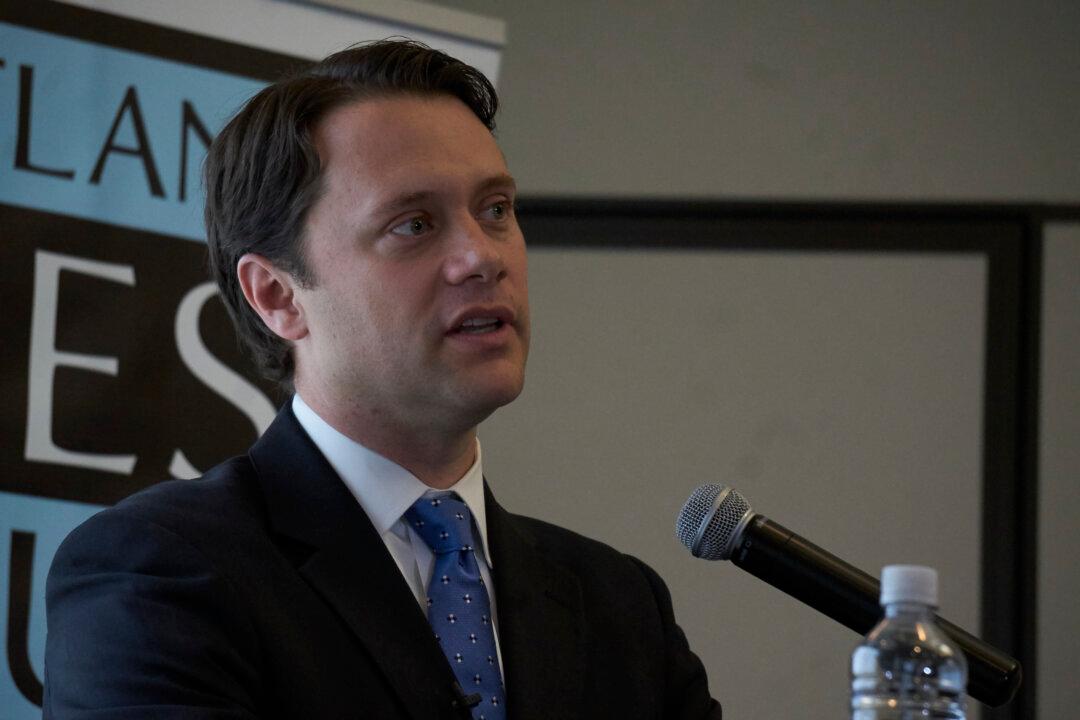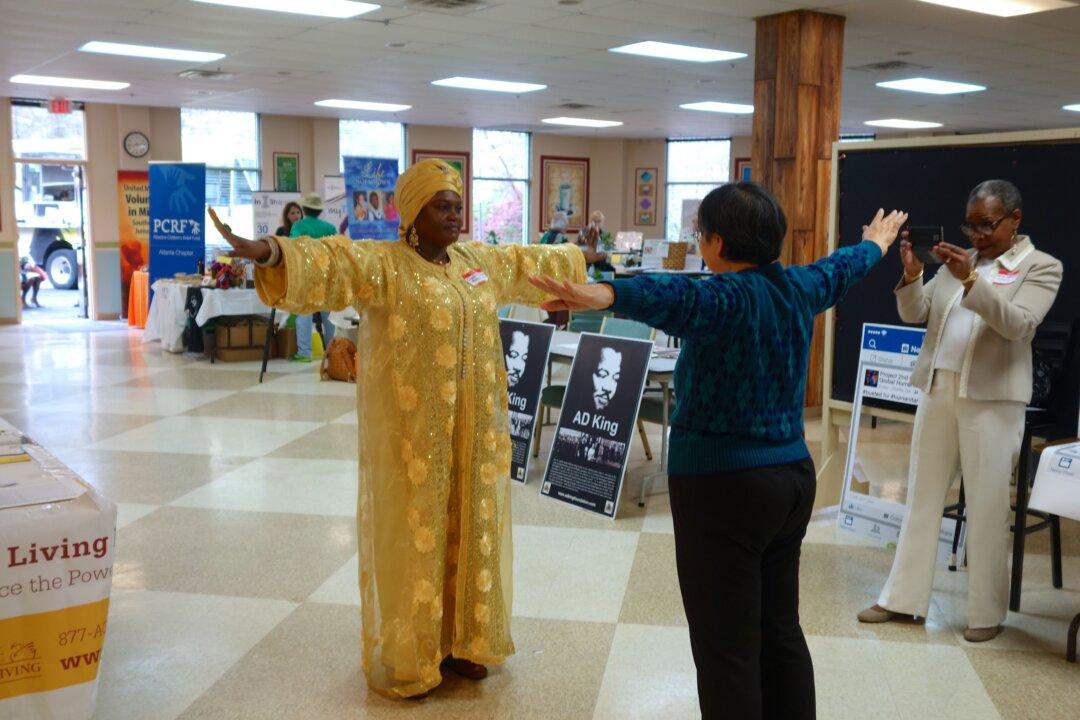Jason Carter, grandson of former President Jimmy Carter, said that everywhere he goes these days, people tell him, “‘Hey, tell your grandparents I’m praying for them.’” On Dec. 1, he went to Twin Rivers Middle School in Buford, Georgia. They dedicated their Christmas chorus concert to Jimmy Carter. They sang “Amazing Grace.” “That outpouring of support has been very real and very gratifying,” he said.
Jimmy Carter, 91, announced that he had melanoma in August 2015 and soon started treatment. He also announced that his grandson had been elected to chair the board of the Carter Center.
The fortunes and misfortunes of this unusual family are weaving themselves into my thoughts about how to live and how to become an elder. My book club just read Atul Gawande’s “Being Mortal: Medicine and What Matters in the End.” It’s an honest look at how unprepared most doctors are to respond wisely to death. It’s about changing that.
One of our book club members has cancer. Tall, theatrical, and bold, she minced no words: “I tell you, I got 70 pages in, and I said, ‘not now,’” making a gesture of flinging a book aside. It was Thanksgiving, and she was more interested in playing with her grandchildren than reading about mortality. That’s exactly the approach Gawande recommends.
Then she led us on an entertaining journey about how much she likes her doctor. He’s handsome. He’s not that handsome. She does not have a crush on him. He has a beautiful, soothing voice. It’s not a crush!





